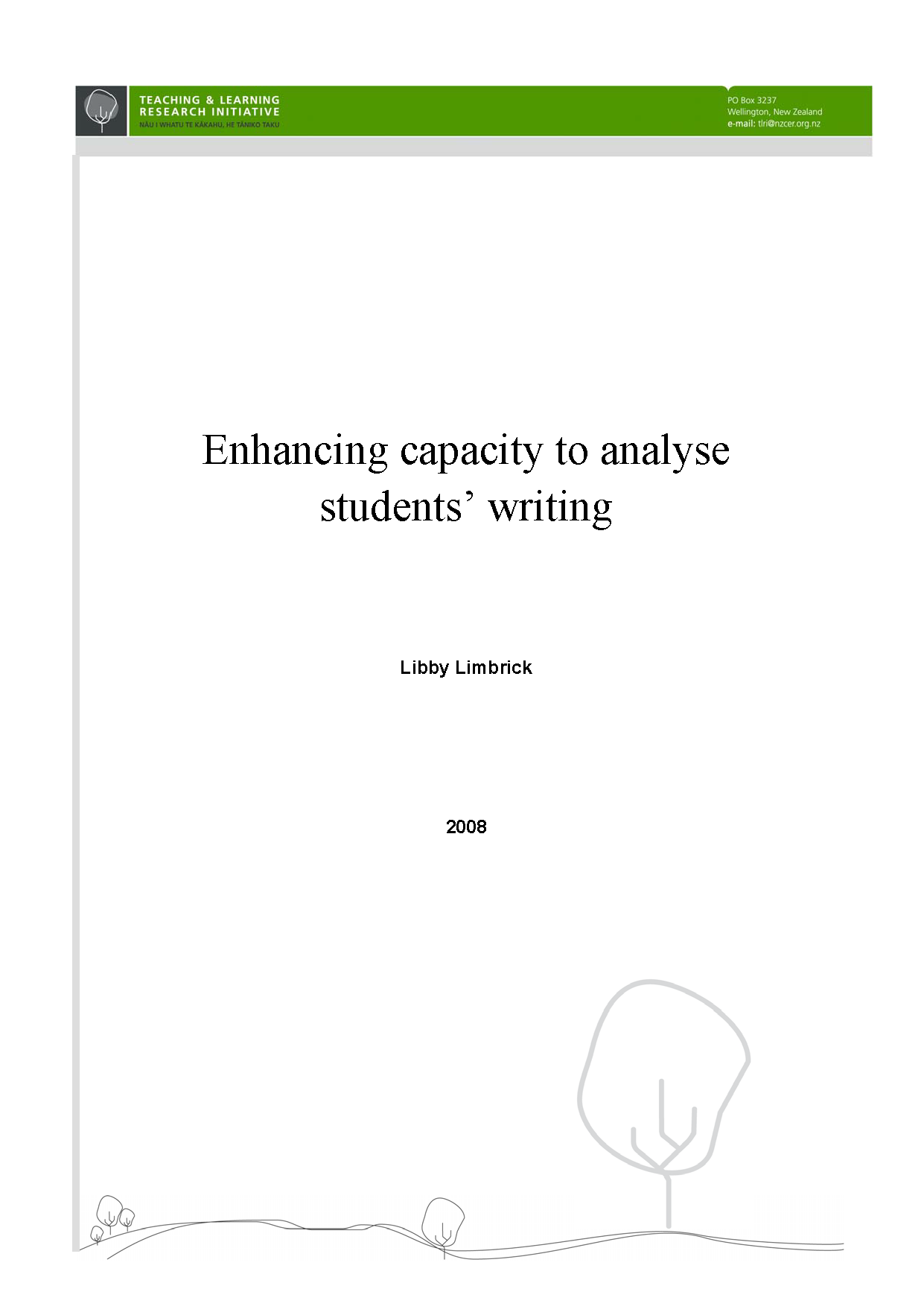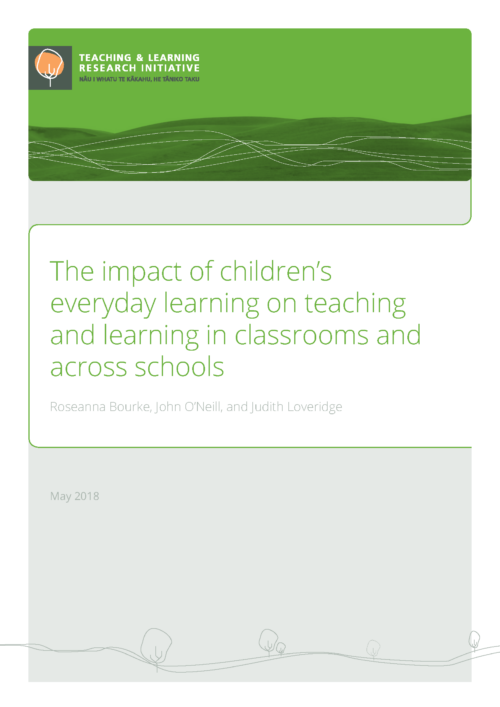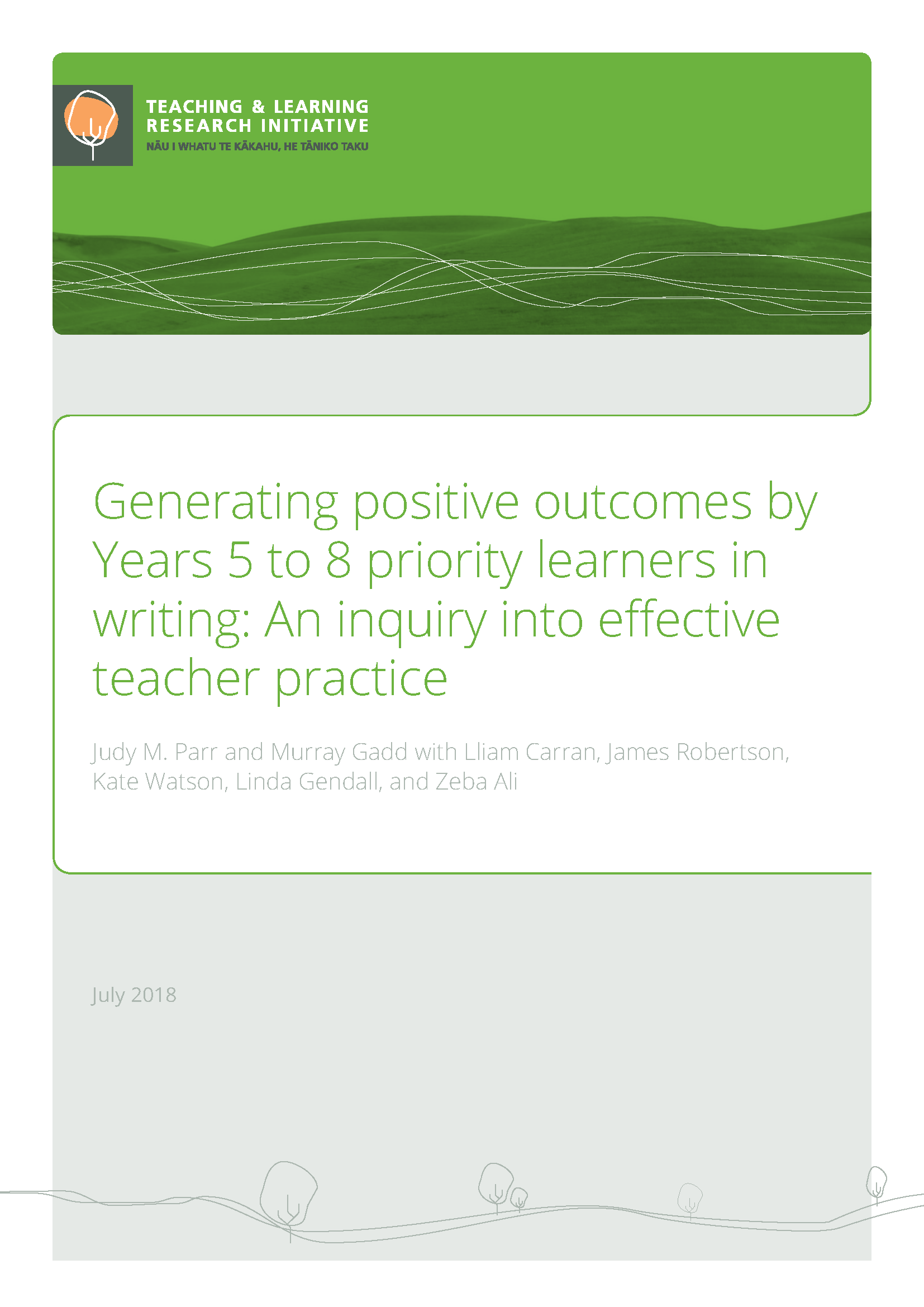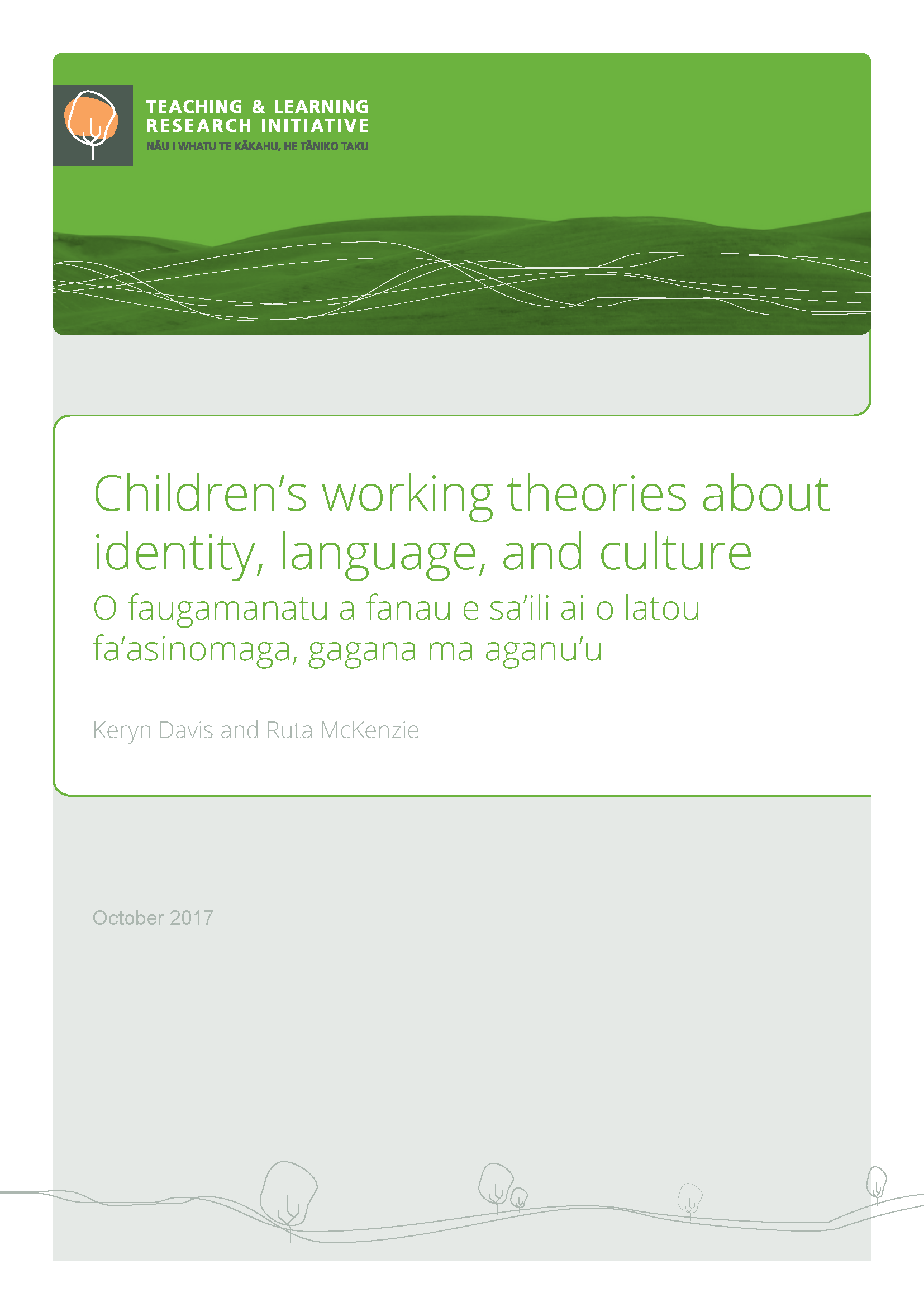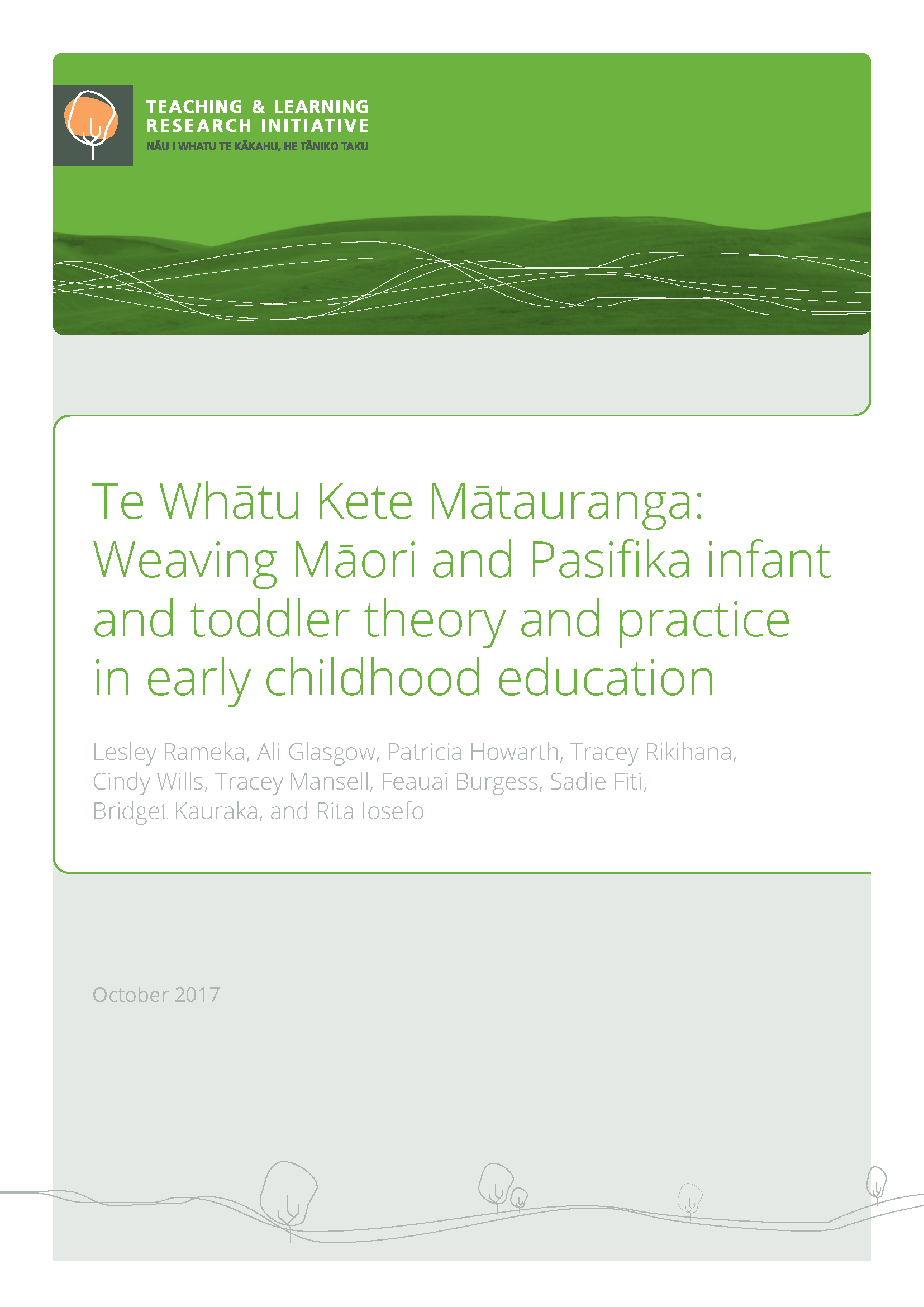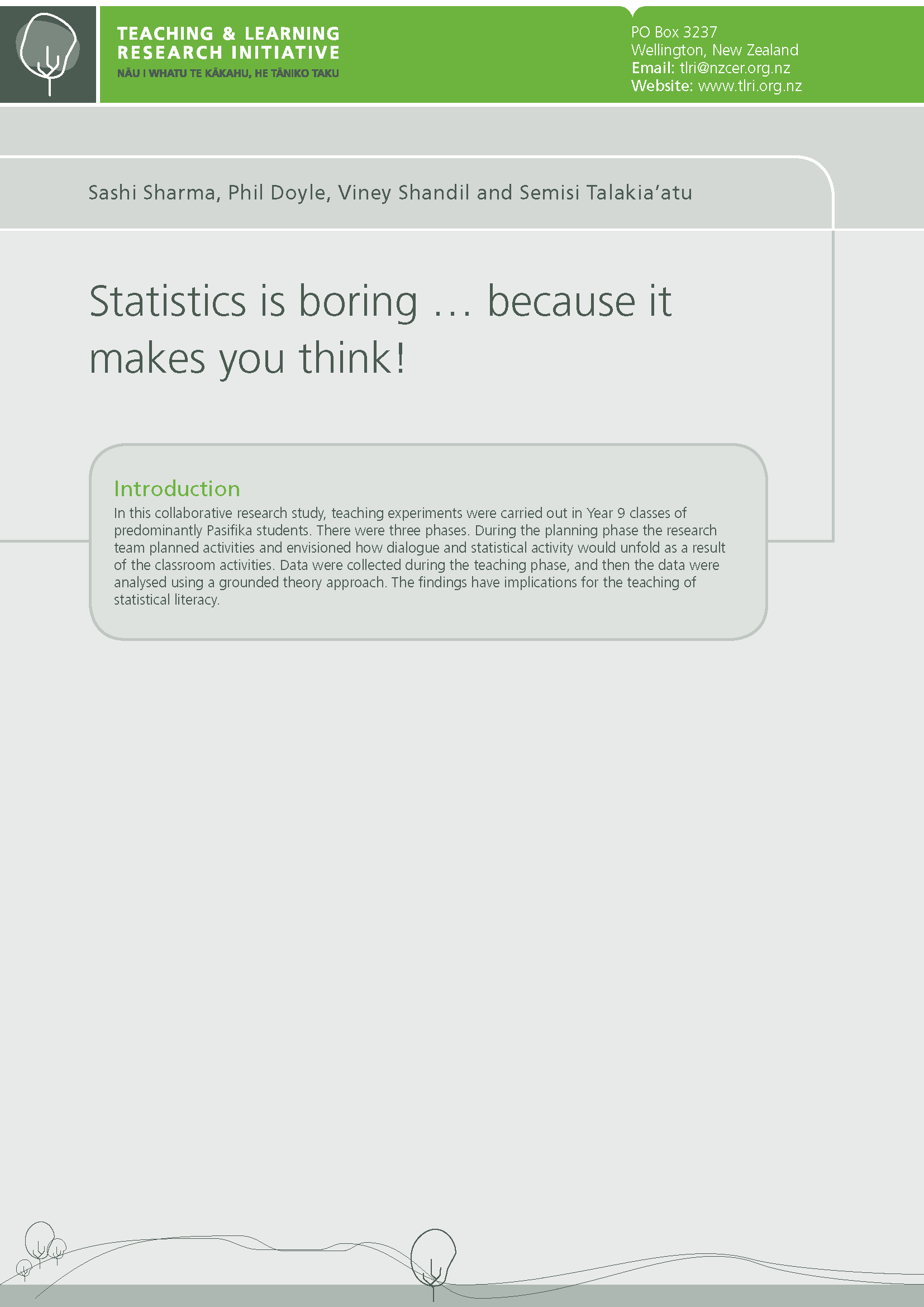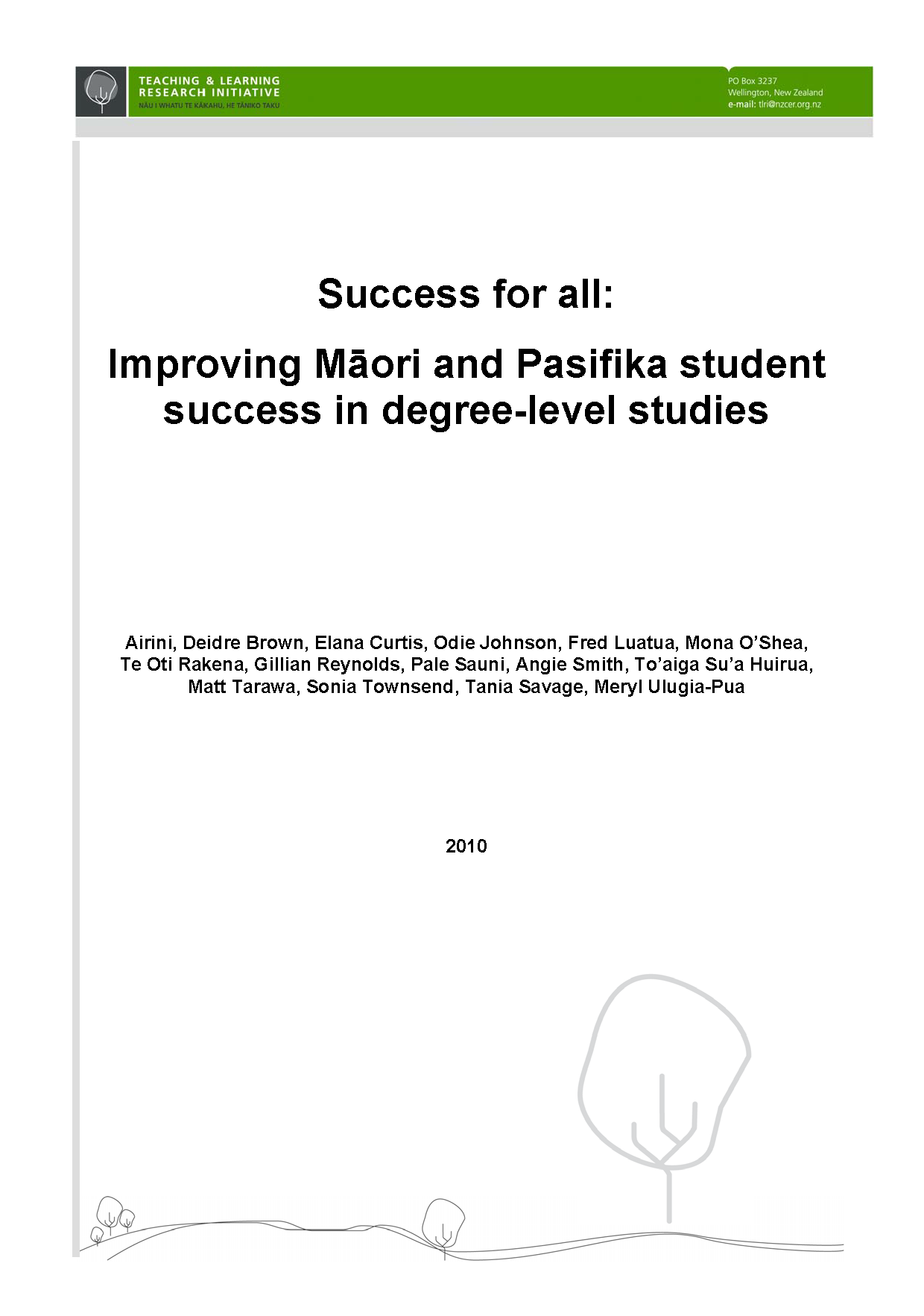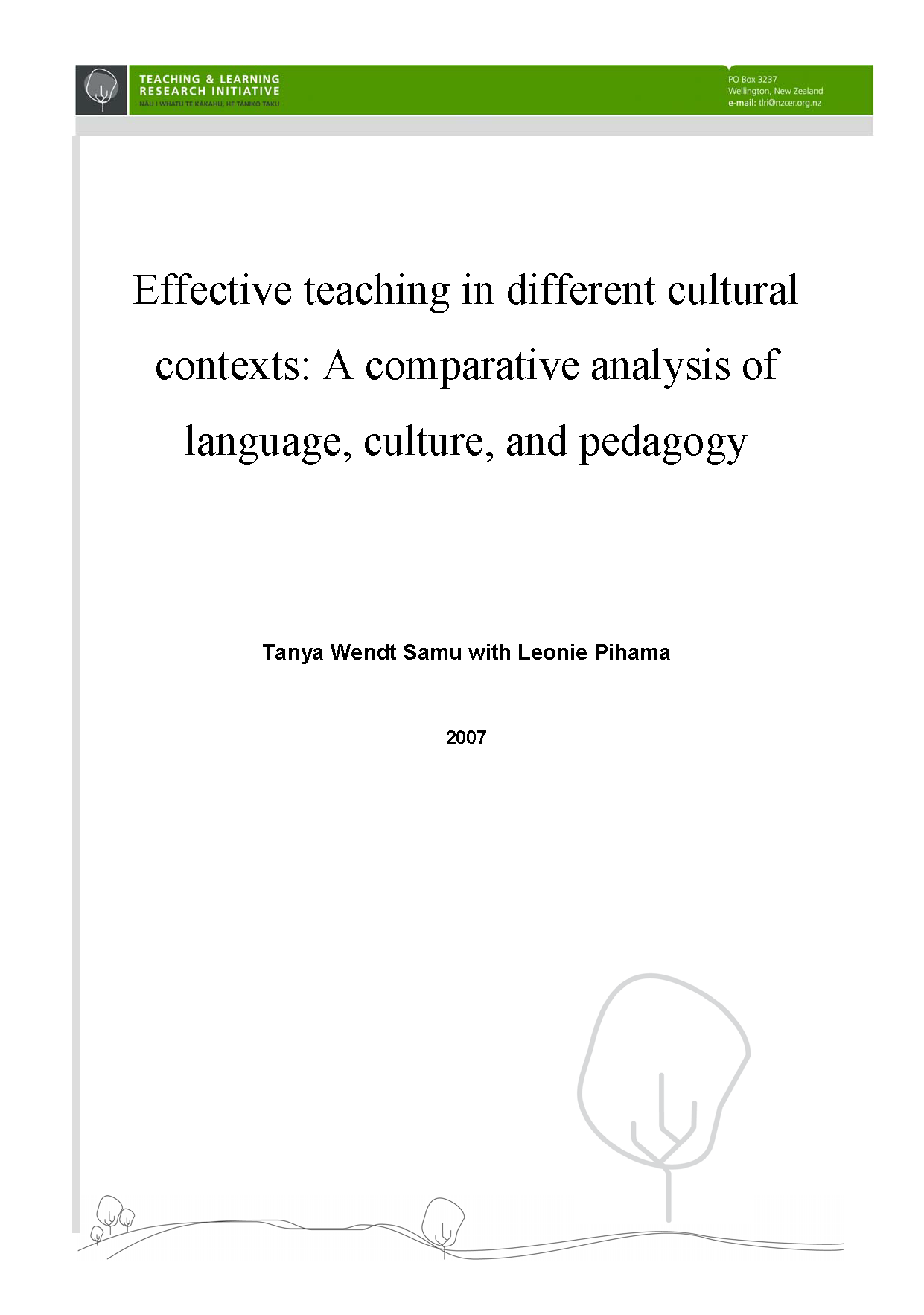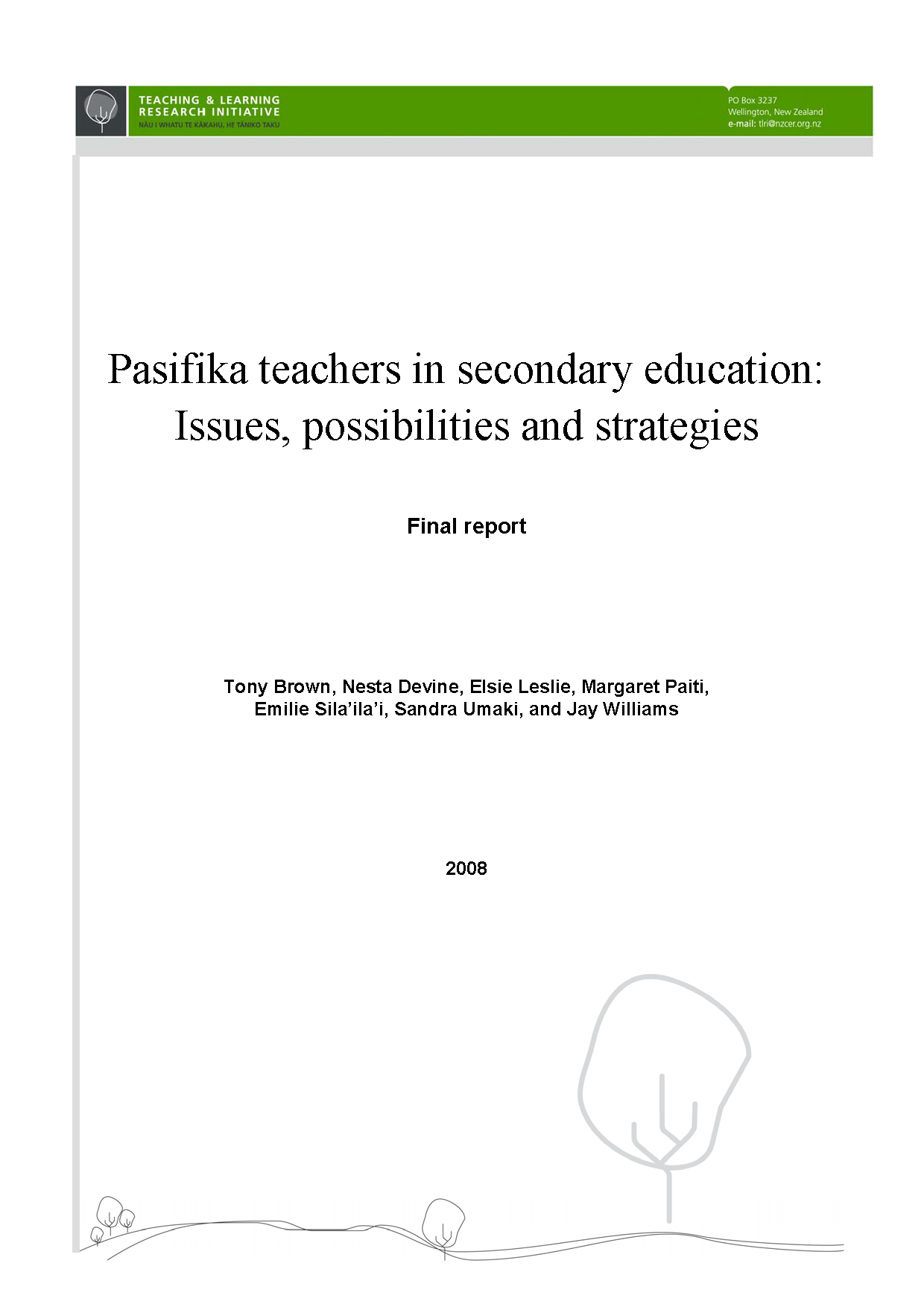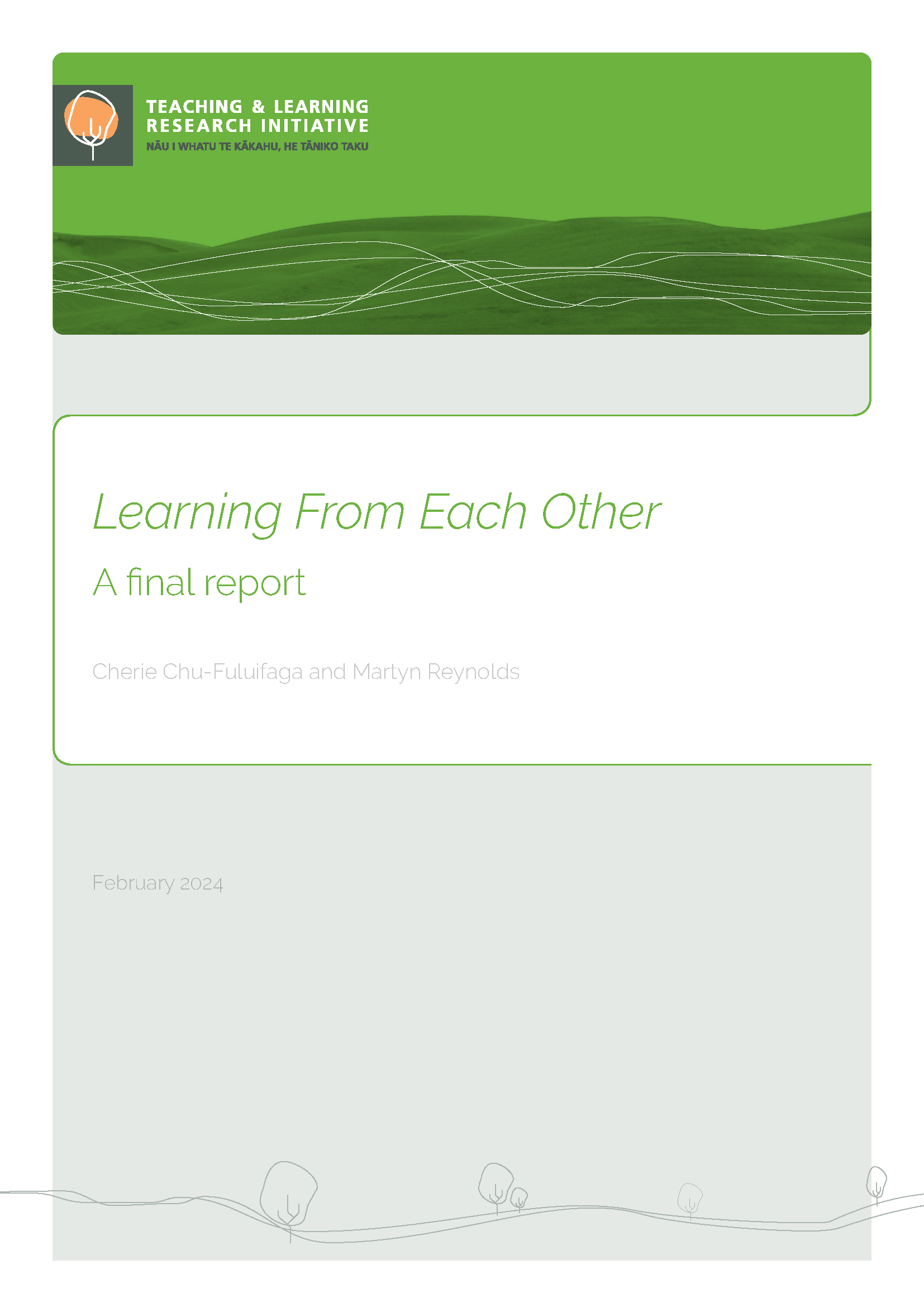
Learning From Each Other: A final report
Introduction Pacific parents and community members have much to contribute to teacher learning and thus to the education of Pacific students. Although the concept of Pacific success, through the education of Pacific students, has become ubiquitous as an aspiration, there has so far been limited research that has conceptualised Pacific education success in community terms. This is especially true in relation to teacher learning, teacher theorising, and changed practice. Understanding how to socialise teachers to generate and sustain new practice possibilities, informed by appreciation of the values, aspirations, and critiques of the Pacific parents and students they seek to serve, is therefore a priority. Learning From Each Other is a Teaching

